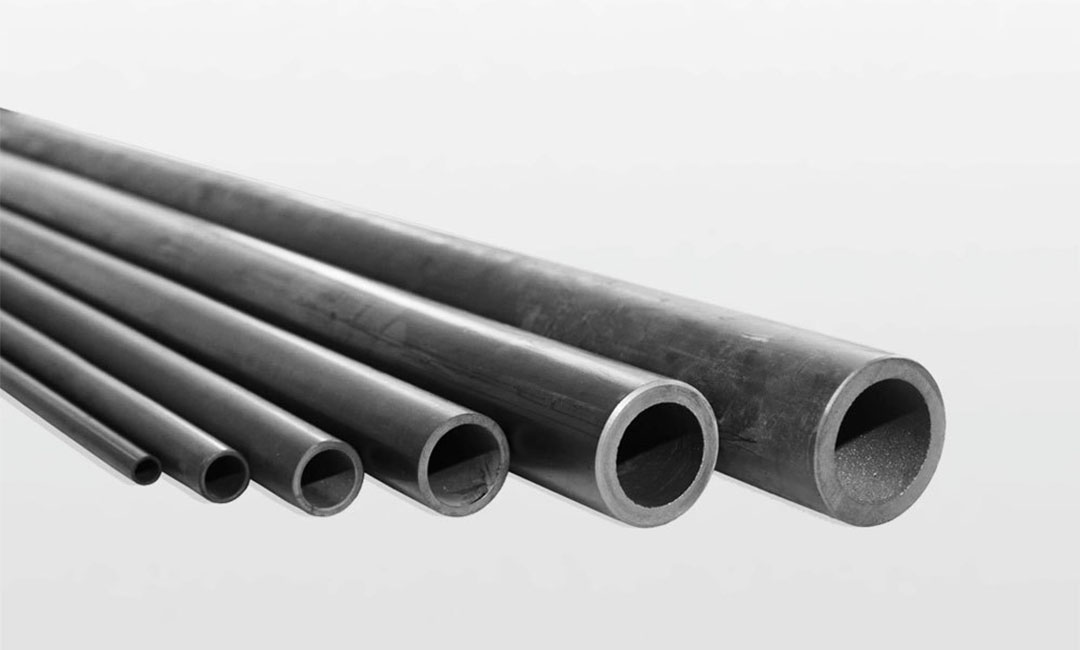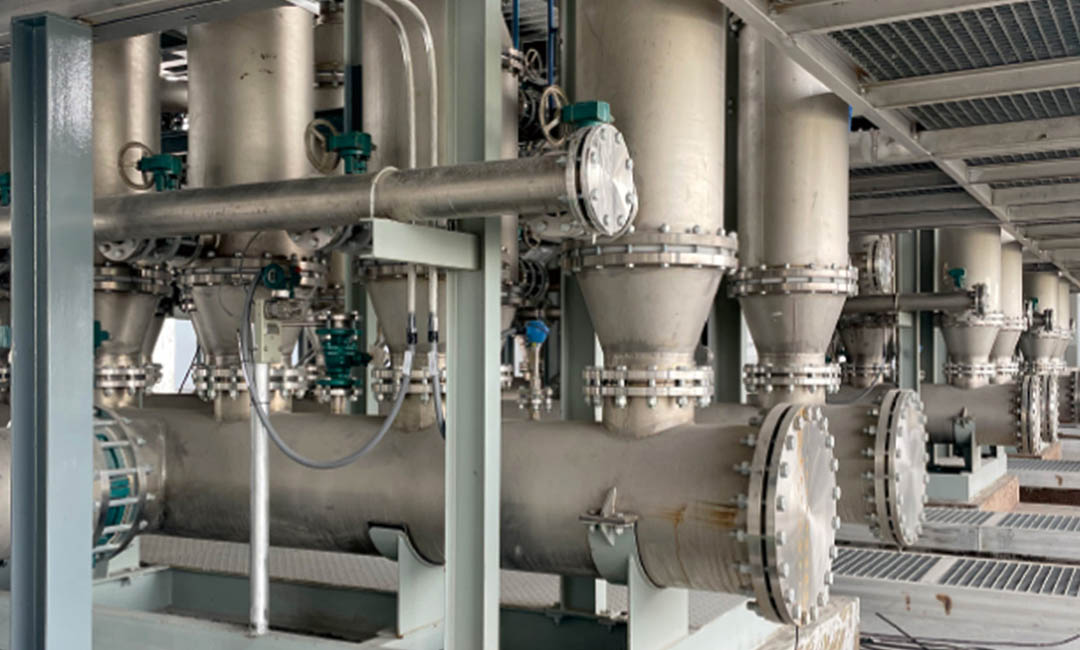Benefits of Using Silicon Carbide Tubular Membrane in High-Temperature Environments
Silicon carbide tubular membranes have gained significant attention in recent years due to their exceptional properties that make them suitable for use in high-temperature environments. These membranes are made from a combination of silicon and carbon, resulting in a material that is highly resistant to thermal degradation and chemical corrosion. This makes them ideal for applications where traditional membranes would fail under extreme conditions.
One of the key benefits of using silicon carbide tubular membranes in high-temperature environments is their ability to withstand temperatures of up to 800 degrees Celsius. This makes them ideal for use in industries such as petrochemical, wastewater treatment, and metal processing, where high temperatures are common. Traditional membranes made from materials like polymeric or ceramic materials would degrade or lose their effectiveness at such high temperatures, making silicon carbide tubular membranes the preferred choice for these applications.
In addition to their high-temperature resistance, silicon carbide tubular membranes also exhibit excellent chemical resistance. They are able to withstand exposure to a wide range of aggressive chemicals, including acids, bases, and organic solvents, without degrading or losing their filtration efficiency. This makes them ideal for use in industries where harsh chemicals are present, such as the pharmaceutical and chemical industries.
Another benefit of using silicon carbide tubular membranes in high-temperature environments is their long lifespan. These membranes have a high mechanical strength and are resistant to fouling, allowing them to operate efficiently for extended periods without the need for frequent maintenance or replacement. This not only reduces downtime and maintenance costs but also ensures a consistent and reliable filtration performance over time.
Furthermore, silicon carbide tubular membranes offer a high flux rate, meaning they are able to filter a large volume of fluid in a short amount of time. This makes them highly efficient and cost-effective, as they require less energy and space compared to traditional membranes. In industries where large volumes of fluid need to be processed quickly, such as in wastewater treatment plants or food and beverage production facilities, silicon carbide tubular membranes offer a significant advantage in terms of productivity and operational efficiency.
Overall, the benefits of using silicon carbide tubular membranes in high-temperature environments are clear. Their high-temperature resistance, chemical resistance, long lifespan, and high flux rate make them an ideal choice for industries where traditional membranes would fail to perform. By investing in silicon carbide tubular membranes, companies can ensure a reliable and efficient filtration process, even under the most challenging conditions.
In conclusion, the applications of silicon carbide tubular membranes in high-temperature environments are vast and varied. From petrochemical to pharmaceutical industries, these membranes offer a range of benefits that make them a superior choice for filtration applications in extreme conditions. With their exceptional properties and proven performance, silicon carbide tubular membranes are set to revolutionize the way industries approach filtration in high-temperature environments.
Case Studies of Successful Applications of Silicon Carbide Tubular Membrane in High-Temperature Environments
Silicon carbide tubular membranes have gained significant attention in recent years due to their exceptional properties that make them suitable for high-temperature environments. These membranes are made from a combination of silicon and carbon, resulting in a material that is highly resistant to thermal and chemical degradation. This makes them ideal for applications where traditional membranes would fail under extreme conditions.
One of the most successful applications of silicon carbide tubular membranes is in the treatment of industrial wastewater. Many industries produce wastewater that contains high levels of contaminants, such as heavy metals, organic compounds, and suspended solids. Conventional treatment methods often struggle to effectively remove these contaminants, especially in high-temperature environments.

Silicon carbide tubular membranes have been used to overcome these challenges by providing a highly efficient and durable filtration solution. These membranes can withstand temperatures of up to 800°C, making them ideal for treating hot wastewater streams. The unique structure of silicon carbide membranes allows for the removal of a wide range of contaminants, including particles as small as 0.1 microns.
In a case study conducted at a steel manufacturing plant, silicon carbide tubular membranes were used to treat wastewater containing high levels of heavy metals and suspended solids. The membranes were able to effectively remove over 99% of the contaminants, resulting in a significant reduction in the plant’s environmental impact. The durability of the membranes also allowed for continuous operation at high temperatures, ensuring consistent performance over time.
Another successful application of silicon carbide tubular membranes is in the production of high-purity water for the semiconductor industry. Semiconductor manufacturing requires ultra-pure water to prevent contamination of sensitive electronic components. Traditional water treatment methods often struggle to achieve the level of purity required in high-temperature environments.
Silicon carbide tubular membranes have been used to produce ultra-pure water by effectively removing impurities such as bacteria, viruses, and organic compounds. The membranes’ high thermal stability ensures that the water remains pure even at elevated temperatures, making them ideal for semiconductor manufacturing processes.
In a case study conducted at a semiconductor fabrication facility, silicon carbide tubular membranes were used to produce ultra-pure water for the production of microchips. The membranes were able to achieve a purity level of 18.2 MΩ-cm, surpassing the industry standard for high-purity water. This resulted in improved yields and reduced downtime due to contamination issues.
Overall, the successful applications of silicon carbide tubular membranes in high-temperature environments demonstrate their versatility and effectiveness in a wide range of industries. From wastewater treatment to semiconductor manufacturing, these membranes offer a reliable and efficient solution for challenging filtration requirements. As technology continues to advance, silicon carbide membranes are likely to play an increasingly important role in ensuring sustainable and efficient industrial processes.
Future Trends and Innovations in the Use of Silicon Carbide Tubular Membrane in High-Temperature Environments
Silicon carbide tubular membranes have gained significant attention in recent years due to their exceptional properties and performance in high-temperature environments. These membranes are made from a combination of silicon and carbon, resulting in a material that is highly resistant to corrosion, oxidation, and thermal shock. This makes them ideal for use in applications where traditional membranes would fail under extreme conditions.
One of the key applications of silicon carbide tubular membranes is in the field of water treatment. These membranes are capable of filtering out contaminants and impurities from water at high temperatures, making them ideal for use in industrial processes that require water purification at elevated temperatures. The high thermal stability of silicon carbide membranes allows them to operate effectively in harsh conditions, ensuring the quality of the treated water remains consistent.

Another important application of silicon carbide tubular membranes is in the separation of gases. These membranes can be used to separate different gases based on their molecular size, allowing for the purification of gases in high-temperature environments. This is particularly useful in industries such as petrochemicals, where the separation of gases is crucial for the production of high-quality products.
In addition to water treatment and gas separation, silicon carbide tubular membranes are also being explored for use in the field of energy storage. These membranes have the potential to be used in high-temperature fuel cells, where they can help improve the efficiency and performance of the cells. By using silicon carbide membranes, fuel cells can operate at higher temperatures, leading to increased power output and longer lifespan.
The use of silicon carbide tubular membranes in high-temperature environments is not limited to these applications. Researchers and engineers are constantly exploring new ways to utilize these membranes in various industries, from aerospace to automotive. The unique properties of silicon carbide make it a versatile material that can be tailored to meet the specific needs of different applications.
As the demand for high-performance materials in extreme environments continues to grow, the use of silicon carbide tubular membranes is expected to increase. With ongoing research and development efforts, these membranes are likely to find new and innovative applications in the coming years. From water treatment to energy storage, the potential uses of silicon carbide membranes are vast and promising.
In conclusion, silicon carbide tubular membranes offer a range of benefits for applications in high-temperature environments. Their exceptional properties make them ideal for use in industries where traditional materials would fail. As research and development efforts continue, we can expect to see even more innovative uses of silicon carbide membranes in the future. The versatility and performance of these membranes make them a valuable asset in a wide range of industries, paving the way for new advancements and discoveries in the field of materials science.

